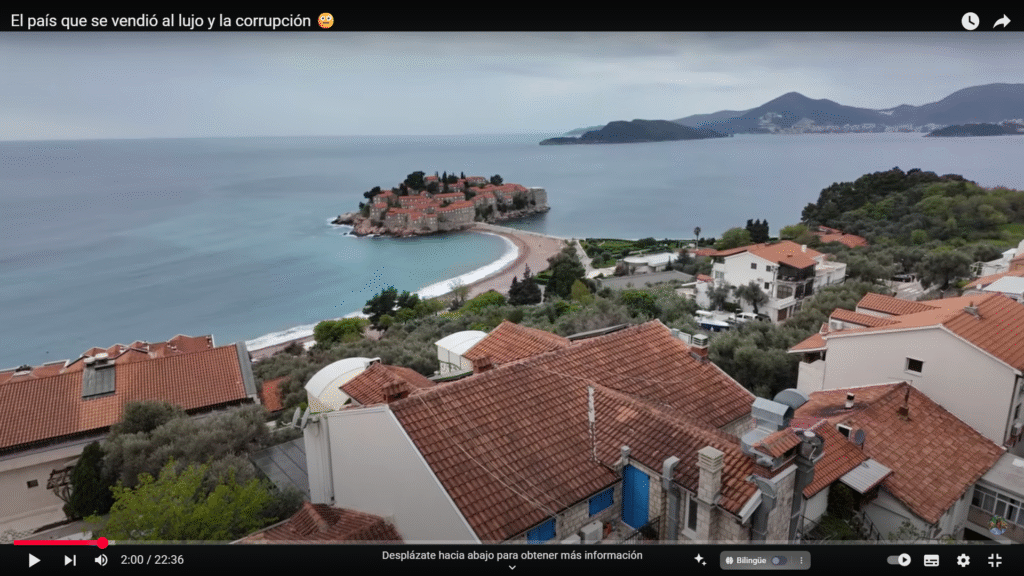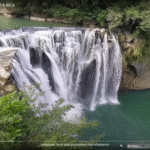Montenegro] – Sveti Stefan, a picturesque Montenegrin islet connected to the mainland by a thin strip of sand, has become a symbol of profound inequality. While its turquoise beaches are coveted by foreign oligarchs and millionaires, the Montenegrin people have been excluded from this once public heritage.
Since 2007, the resort complex was handed over to the luxury chain Aman Resorts, under a 30-year concession. This privatization allowed Sveti Stefan to be transformed into a luxury resort reserved only for celebrities, sheikhs, and high-profile businessmen. Access was restricted even for Montenegrin citizens, who can no longer walk on its beaches or visit its church, despite the islet being part of the country’s cultural heritage.
A luxury resort inaccessible to locals
Although the contract obligated Aman Resorts to allow some public access, the reality was different: guards, padlocks, and patrolled beaches marked the beginning of an era in which Sveti Stefan became a forbidden land. Outrage grew as the resort welcomed elite guests while locals were displaced from their own shores.
The adjacent public beaches were also affected. The hotel completely closed access to one of the public beaches and converted another into a paid beach exclusively for its guests, with rates unaffordable for most Montenegrins.
Protests, pressure and temporary closure
In 2021, a citizen movement led a series of protests that highlighted the situation in Sveti Stefan. The demonstrations denounced corruption in the contract, the loss of public access, and the lack of real benefits for the local community.
These protests, along with media pressure and a change in government, led to the closure of the resort. Since then, Sveti Stefan has remained closed to tourism, although still under surveillance and without free access to the public. The legal dispute between Aman Resorts and the Montenegrin government continues, and the islet’s future remains in dispute.
Montenegro: A New Tax Haven for Millionaires?
The situation in Sveti Stefan is not an isolated case. For years, Montenegro has offered ideal conditions for attracting foreign investment, often without adequate controls. The country has been singled out as a haven for Russian, Arab, and Chinese millionaires seeking luxury properties, citizenship by investment, and tax advantages.
This model has created growing inequality between those who have the power to buy islands and those who can barely access the beaches of their own countries.
Conclusion: a conflict between luxury tourism and civil rights
Sveti Stefan represents a global tension: the privatization of natural spaces versus citizens’ right to access them. Montenegro, in its eagerness to attract international investment, has paid the price of losing part of its identity and public access to private interests.
The case of Sveti Stefan should serve as a warning to other countries that see luxury tourism as a quick economic fix. When development isn’t inclusive, a country’s beauty becomes a showcase… but only for a select few.



